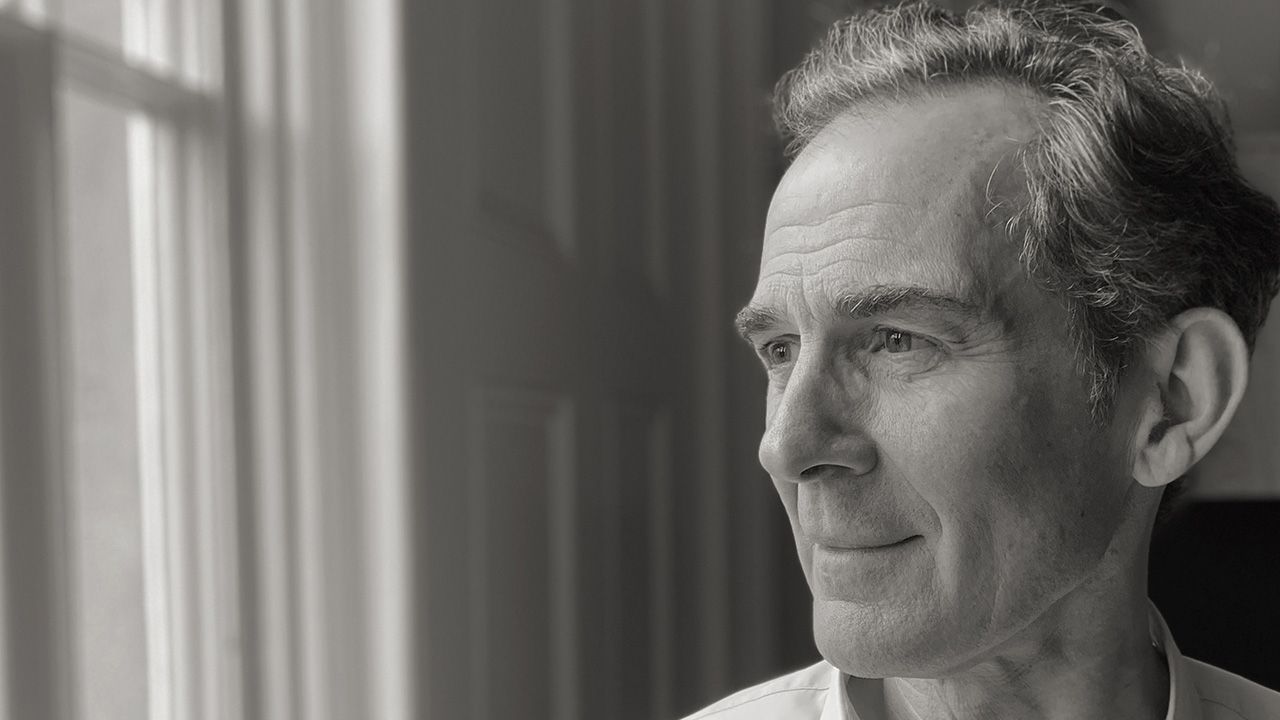Everybody has the feeling of ‘being myself’, but not everybody knows their self clearly. In most cases the feeling of ‘being myself’ is so thoroughly mixed with the content of experience – that is, our thoughts, images, feelings, sensations, perceptions, activities and relationships – that our knowledge of our self is veiled or obscured, or only partially known.
As a result of this veiling or forgetting of our essential self or nature, the peace and happiness that is inherent in our self – or rather that is our self – becomes obscured, and as a result, a great search begins.
This search takes us on a journey in which we try to acquire peace and happiness through objective means: objects, substances, activities, states of mind or relationships. When this search has failed us sufficiently often, we may turn to conventional religious or spiritual paths, seeking the same fulfilment through more refined means. But sooner or later this search may also fail us.
At some point it becomes clear that the peace and happiness for which we long above all else cannot be derived from objects, substances, activities, states of mind or relationships, however refined they may be. This intuition or understanding may dawn on us spontaneously; it may be precipitated in us as a result of an experience of great suffering or loss; or we may simply reason that lasting peace and happiness can never be the outcome of intermittent, objective experience.
As a result of this understanding, either spontaneously or at the suggestion of a book or a friend, we turn around, so to speak, and begin to investigate our self, the one place that has yet to be explored. This turning around of the mind, away from the content of experience, in which it previously sought happiness, towards its own essential nature, is the first step on the Direct Path and is the essence of self-enquiry. It is also the highest form of meditation or prayer.
Self-enquiry, or the investigation into the nature of our self, is often initiated by a question such as, ‘What is the essential nature of myself?’, ‘What is it that knows or is aware of my experience?’, ‘What is the nature of the knowing with which I know my experience?’, ‘What element of my experience remains consistently present throughout all changing experience?’ or simply, ‘Who am I really?’ Such questions lead the mind on an inward-facing path, away from the objects of experience, towards the very essence of the mind itself.
In this investigation there is no interest in the content of experience, that is, our thoughts, feelings, sensations and perceptions. The mind is turning itself in the opposite direction – an objectless direction, a directionless direction – towards the subject of experience, towards the knower rather than the known.
In doing so, the mind travels back through layers of its own experience, discarding anything that is not essential to itself – thoughts, images, feelings, sensations, perceptions – until only its essential, irreducible essence or nature remains: knowing, being aware or awareness itself. That is our essential self or being.
This knowing of our own being shines in each of us as the knowledge ‘I’ or ‘I am’. However, this simple, familiar and intimate experience of our self is usually overlooked or ignored in favour of the objective content of experience, and with this overlooking of our essential nature comes the obscuring of its innate peace and happiness. Thus, the recognition of our essential self – the knowing of what I am before what I am is coloured or qualified by experience – is the direct path to peace and happiness.
In this way, self-enquiry first gives us a taste of the peace and happiness that are our essential nature. And once we have recognised that the peace and happiness for which we long resides in and as our own being, all that remains is to establish our self there, as that, and to allow every aspect of our life to be informed and permeated by it.
The more clearly we understand that peace and happiness are the very nature of our self, the more deeply we are drawn into it, and in time our interest grows into a great love. Self-enquiry turns effortlessly into self-resting, self-abidance, and – gradually, in most cases, occasionally suddenly – our innate peace and happiness begin to infuse our life from the inside.
This infusion of all aspects of our experience with the peace and happiness that are the very nature of our self happens naturally, but we may also cooperate with the process. The means by which we may cooperate with this process can be found in the yoga meditations on this site, and a short introductory video about them may be found in this section.
